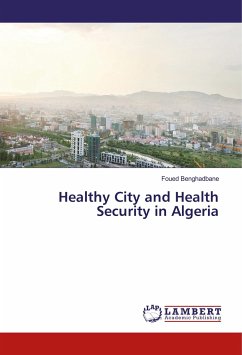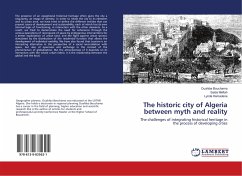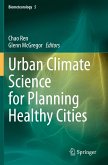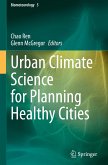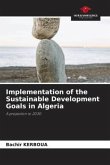Today, the cities of the world face major dangers, natural and human risks as earthquake, flooding, aridity...etc. This situation has led to critical sanitary conditions in urban areas. In regards to the divergence of the sanitary parameters, between the cities of the developed world and those of the third world, the world organization of health (W.H.O) faces challenges of poverty, lack of nutrition, and especially an absence of conscience as for a sanitary culture, from where the necessity to push the cities toward the adoption of policies and the starting up of clear and precise strategies containing financial and human resources. The city of Khroub represents a typical case of this situation thanks to the important local strategy which tends towards the transformation of this city into a sanitary city. This initiative has been adopted by the local authorities of the city in the goal aim of putting an end to the different illnesses and epidemics, notably those generated by poverty, and to attempt to offer a healthy environment to the inhabitants.
Hinweis: Dieser Artikel kann nur an eine deutsche Lieferadresse ausgeliefert werden.
Hinweis: Dieser Artikel kann nur an eine deutsche Lieferadresse ausgeliefert werden.

